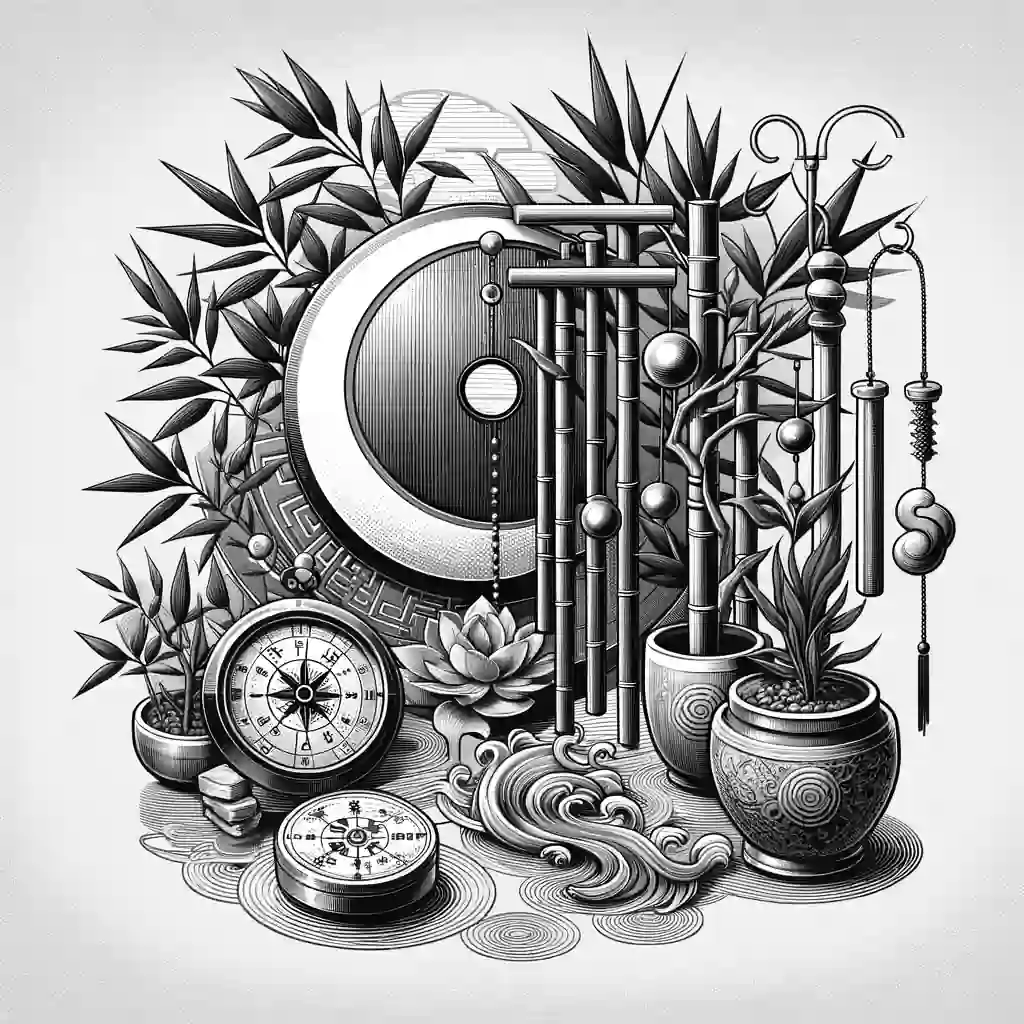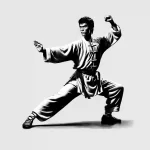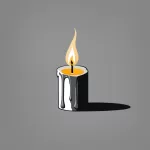Feng Shui, an ancient Chinese art, harmonizes individuals with their surrounding environment. It’s a practice rooted in the belief that our living spaces can influence our personal energy, health, and fortune. By arranging objects and spaces in a certain way, it aims to balance the natural world with our own interior world.
A Brief Overview and History
Originating over 3,000 years ago in China, Feng Shui, literally meaning ‘wind’ and ‘water,’ was developed to find the harmonious placement of buildings and objects to ensure a balance of the chi, or life force. Initially used to orient buildings in an auspicious manner, it has evolved into a practice that influences the layout and design of personal and professional spaces.
Who Will Enjoy Feng Shui?
It will appeal to those interested in interior design, holistic well-being, and personal growth. It is particularly engaging for:
- Individuals seeking a balanced and harmonious home environment
- Enthusiasts of interior design and architecture
- People with an interest in Eastern philosophies and spirituality
- Those looking to improve their personal well-being and energy
- Professionals in design and architecture seeking to broaden their skills
Feng Shui Equipment & Materials
Getting started doesn’t require extensive materials. Essential items include:
- A Bagua map: A tool used to analyze the energy in a space
- A compass: For determining the directions relative to your space
- Books or guides: For reference and tips
- Various decorative elements: Mirrors, plants, fountains, and wind chimes can be used to enhance the chi in your space
Beginner’s Guide
Begin with understanding the Bagua, or the energy map, of your space. This involves dividing your space into nine zones, each corresponding to different aspects of life like wealth, family, or love. Then, assess your space in terms of the five elements: wood, fire, earth, metal, and water. Aim to balance these elements in your decor. Decluttering and cleaning are also vital steps in allowing energy to flow freely.
Tips & Tricks
- Start small: Focus on one area or room before doing your whole house.
- Declutter regularly to maintain a smooth flow of energy.
- Use colors wisely as they have different meanings and energies in Feng Shui.
- Incorporate the five elements into your space for balance.
- Be patient and open-minded. It’s a practice that requires time and intuition.
Harmony and Energy Flow in Feng Shui
It’s is deeply rooted in the concept of energy flow and balance. Understanding the dynamics of yin and yang, as well as the significance of the five elements, is crucial. Creating a harmonious environment means considering the placement of furniture, the choice of colors, and even the positioning of mirrors. It’s about creating a space that not only looks aesthetically pleasing but also feels good and supports your well-being.
Can Feng Shui Make Money?
While it isn’t typically pursued for direct financial gain, professionals like consultants can indeed earn by offering their expertise in space arrangement and energy balancing. Additionally, knowledge of Feng Shui can be a valuable skill for interior designers, architects, and real estate agents, enhancing their service offerings.
Useful Resources
For those looking to delve deeper into Feng Shui, here are some valuable resources:
- Explore comprehensive guides and tips on The Spruce’s Feng Shui section.
- Join the Feng Shui Society for courses and seminars.
- Learn from the experiences of others in the HobbyFinder Community.
- For a deeper dive, consider reading “The Complete Idiot’s Guide to Feng Shui.“
By exploring Feng Shui, you’re not just rearranging your space – you’re potentially transforming your life by inviting balance, harmony, and positive energy into your everyday environment.












